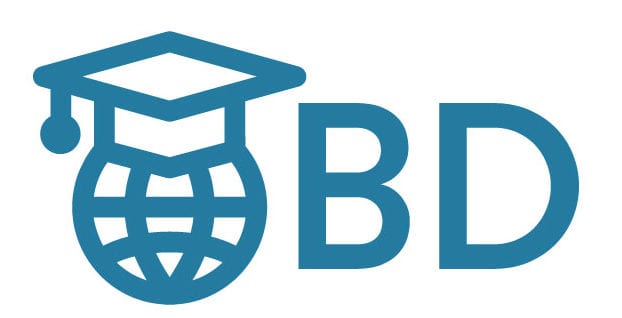Although the worlds of accounting and finance may seem similar to you, they are different. And although they are different, they do affect each other. So, just what are the differences? If you are considering a career in either, you will want to choose the right educational path for you.
Accounting is the practice that focuses on the daily operations of a company, whether it is a small local hardware store or a huge conglomerate with many franchises. Every day in which money is exchanged, received, or paid out, the accounting process is being utilized.
Accounting procedures not only deal with cash flow but also include other administrative procedures such as invoicing, preparing accounts payables and accounts receivables, reconciling accounts, preparing financial reports, as well as, tax preparations. In most instances, payroll and payroll taxes are handled by the accounting department.
If you decide to pursue a career in accounting, you can expect your online Bachelor’s degree program in Accounting to include classes, such as accounting fundamentals, business law and ethics, micro and macroeconomics, taxation, statistics, payables/receivables, amortization, budgeting, payroll and tax preparations, local and federal tax laws, auditing techniques and cost accounting, among other important topics.
Typically, an accounting degree will provide you with the skills needed to be a controller, fund accountant, financial reporting accountant, bookkeeper, or tax manager. Depending on your state’s requirements, a bachelor’s degree may be the minimum requirement for sitting for the Certified Public Accountant (CPA) exam.
Generally, accounting provides accurate information to the chief financial officer of the company to track progress in areas of profits and losses. This information is useful to those who work in the realm of finance.
The term “finance” is a broad term, however, as accounting pertains to past transactions, finance practices apply to the future. This may include the management of liabilities and assets, in addition to, the future growth of the company.
Financial specialists look to the future. They aspire to improve the financial stability of the company they represent and hold positions as financial analysts, financial examiners, stockbrokers, certified internal auditors, and investment bankers. Some choose to work as consultants for large companies or in a personal capacity. Personal financial advisors help their clients prepare for their future financial security.
Coursework included in an online Bachelor of Finance degree program will include how to analyze and utilize financial data, risk management, corporate taxation, how to raise capital, bond and stock valuation, portfolio management, evaluating bank financial statements, statistics, as well as, the basics and trends of economics.
With a degree in finance, you may choose to take additional certification examinations to demonstrate your skills as a Chartered Financial Analyst (CFA) or a Certified Internal Auditor (CIA). Other certifications to consider may be that of the Certified Financial Planner (CFP) or Financial Risk Management (FRM) certification. Prior work experience may be required before taking the exams.
If you like the “here and now” aspect of money management, accounting is best for you. If you prefer to look forward to the future, finance is the right choice for you. If potential earnings are your motivator, accounting salaries averaged $78,000 annually as of May 2022 for accountants and auditors, according to the BLS. The median salary for a financial analyst as of May 2022 was $96,220 per year, according to the BLS.
If you are interested in the field of finance, please see our choices for the Best Online Schools for Bachelor in Finance Programs.
